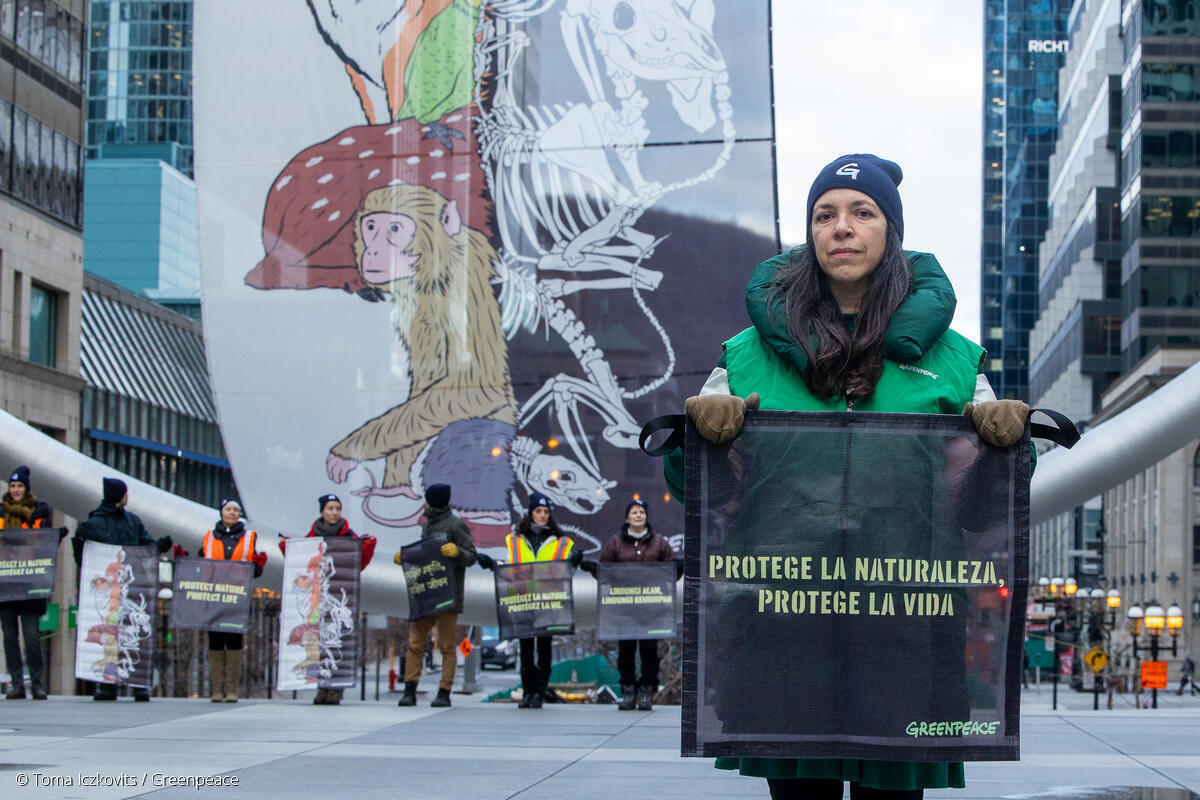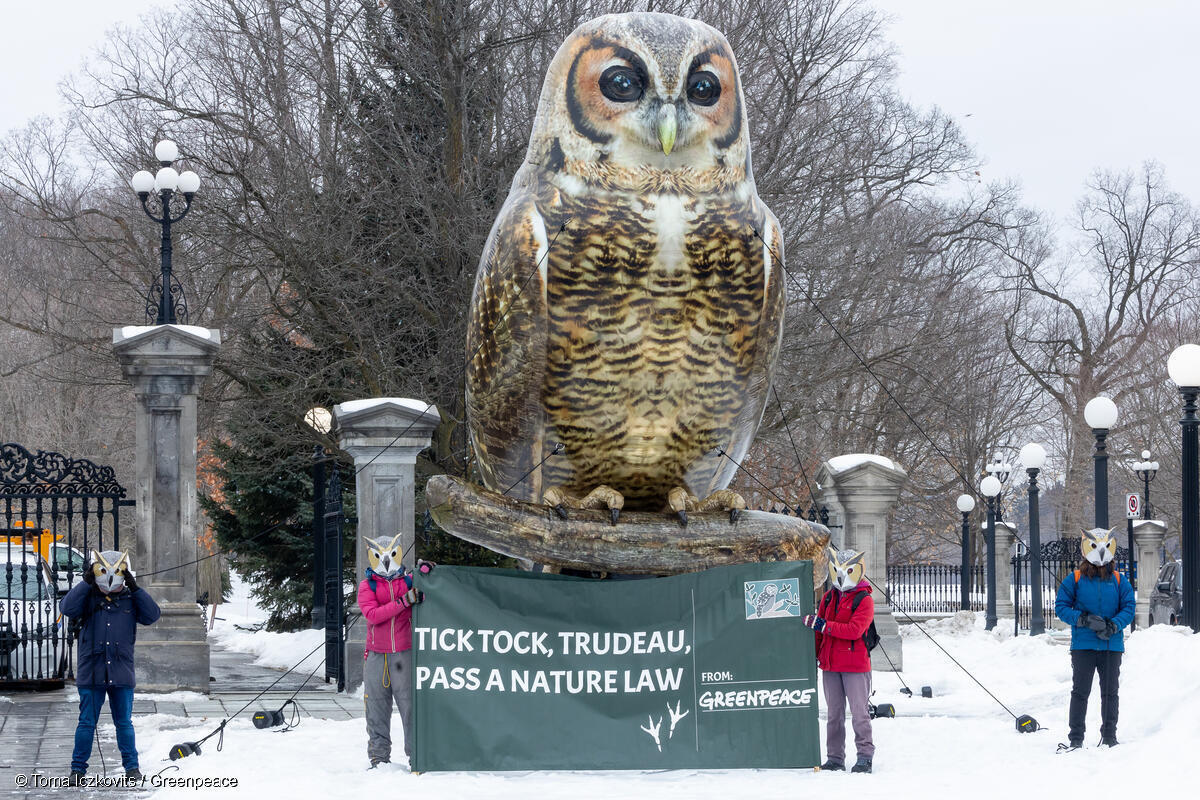Media Briefing: The final UN Global Ocean Treaty negotiations (20 February – 3 March 2023)
- The last UN Global Ocean Treaty negotiations (IGC5) collapsed, despite progress being made towards a Treaty, particularly on protected areas. The High Ambition Coalition, which includes Canada, the EU and UK, failed to deliver on their promise to agree a Global Ocean Treaty in 2022.
- A strong Global Ocean Treaty would provide a legal mechanism which can create fully protected areas on the High Seas. This Treaty is a crucial step towards delivering 30×30, protecting 30% of the world’s oceans by 2030.
- Failure at the last round of negotiations jeopardised the 30×30 target, which was agreed at COP15 in Montreal in December 2022. Without a strong Global Ocean Treaty, this target will be practically impossible to deliver at sea.
- The United Nations suspended the last negotiating session in August 2022, instead of ending it. This nuance allowed for a special resumed session of IGC5, which will take place from February 20 to March 3 2023.
- This session, IGC5bis, gives governments a final chance to deliver a Treaty with enough time to spare to make 30×30 a reality.
- Failure at the last round of talks was down to the greed of the Global North – including Canada, the EU, UK, and US — and their failure to seek timely and credible compromises on finance and benefit sharing from Marine Genetic Resources.
- These countries only moved towards compromising in the final 48 hours of negotiations and offered too little, too late, to get a Treaty finalised.
- To deliver a Treaty, the High Ambition Coalition’s members must return to the negotiations with a credible offer that can get a Treaty over the finishing line. This means committing adequate financial, scientific and technical support to the Global South to put the Treaty into practice in a fair and equitable way, supporting the quick ratification of the Treaty and brokering an acceptable agreement on monetary benefit sharing.
- Some nations like Russia, Nicaragua and China also have continued to push for consensus decision-making regarding protected areas, which is utterly ineffective for delivering marine protection as seen at the Antarctic Ocean Commission. This must not make it into the final Treaty text.
- China also will play a pivotal role in negotiations, holding significant influence over many developing countries. China showed some welcomed flexibility at the last negotiations on protected areas, which must continue. China’s position on Marine Genetic Resources is at odds with the EU’s currently, and both must find a compromise to deliver a Treaty.
- It is vital that any leader wishing to be recognised as an ocean champion returns with a deal which isolates governments that don’t want a Treaty, and persuades countries sitting on the fence to find an agreement.
A strong Global Ocean Treaty:
| Can establish fully or highly protected ocean sanctuaries across the high seas which are not time bound, with management measures to deliver conservation objectives. |
| Recognises the ability of a new Conference of Parties (COP) to make decisions by vote when a consensus cannot be achieved, without the possibility for Parties to opt out from MPA obligations. |
| Adopts a definition of Marine Protected Area that allows for fully protected sanctuaries. |
| Does not exclude fishing and other extractive activities from its scope. |
| Empowers the COP to act quickly and adopt emergency measures to avoid harm pending the future establishment of a protected area. |
| Sets as a primary objective of the Treaty the establishment of a global network of protected areas, providing a pathway to ocean sanctuaries covering at least 30% of the world’s oceans by 2030. |
| Helps to make the world more equal by ensuring that everyone benefits from the ocean that belongs to all of us, and recognises and strengthens the rights of Indigenous Peoples and local communities, as well as recognising the role of traditional knowledge as essential to protecting marine biodiversity. |
ENDS
Greenpeace spokespeople are available in English, French, Finnish, Italian, Mandarin, Portuguese, Spanish, and Thai.
Contact:
Brandon Wei, Communication officer, Greenpeace Canada
[email protected], +1 778 772-6138
James Hanson: [email protected] / +44 7801 212 994



